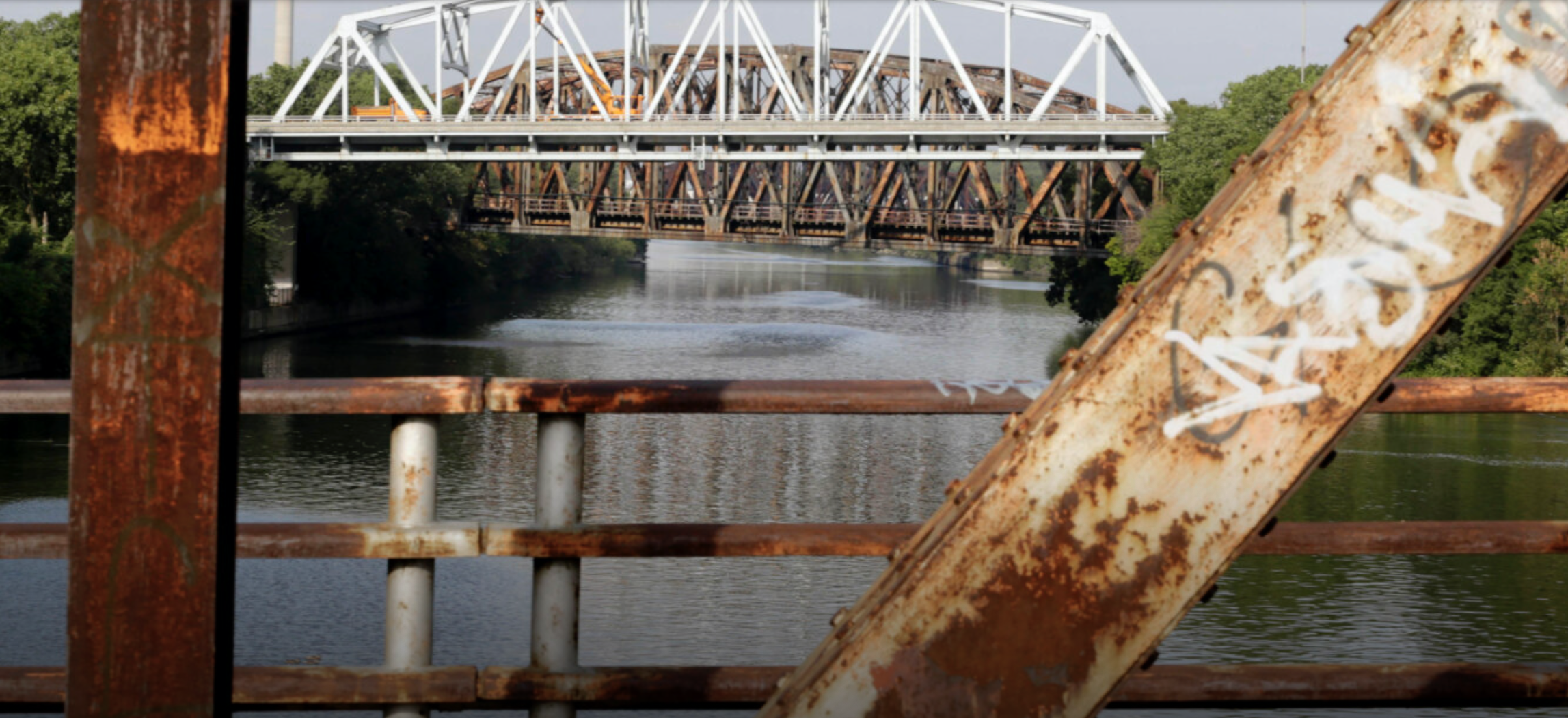Illinois drivers pay $1,119 extra per year thanks to bad roads, bridges

Driving on Illinois’ dilapidated roads and bridges could cost as much as $1,119 extra a year, a new study finds.
Illinois ranked 14th worst in the nation, an analysis of state road infrastructure found. Illinois has 20 percent of its roads ranked non-acceptable and 12 percent of bridges in poor condition by Federal Highway Administration standards.
But the state came in third from last when the analysis looked at what portion of transportation dollars Illinois spends on fixing existing roads.
Nick VinZant, a senior analyst with the QuoteWizard insurance comparison platform, said Illinoisans pay a lot for bad roads.
“We looked at the number of non-acceptable roads, bridges that are in poor condition, time lost to commute, efficiency, all those kinds of things, and we were able to essentially put a dollar figure on how much bad roads are costing drivers,” VinZant said.
Those factors cost Illinois drivers $586 a year, VinZant said. Add to that the U.S. average of $533 more as a result of vehicle damage from bad roads, and the grand total is $1,119.
VinZant said Illinois allocates just 4 percent of its transportation spending to fix roads and bridges.
“We looked at all the states’ transportation dollars and what percentage of that is put into road repair, and Illinois actually has the third-lowest amount that goes back into road repair,” he said.
By comparison, Wyoming invests 54% of transportation dollars into roadway repairs, saving residents $230 annually over Illinoisans.
Gov. J.B. Pritzker doubled the state’s gas tax from 19 cents to 38 cents per gallon, with annual inflationary increases, to purportedly fund infrastructure improvements as part of his “Rebuild Illinois” plan. Illinoisans now pay the second-highest gas tax in the country.
Yet the QuoteWizard ranking is the second recent survey to show Illinoisans are getting a bad deal for their tax dollars. Illinois was ranked 40th in the nation by the Reason Foundation for cost-effectiveness compared to conditions.
Reason researcher Baruch Feigenbaum pointed to heavy unionization driving up labor costs combined with ineffectual state spending as the source of the discrepancy.
Despite Illinois’ meager investments in taking care of what it already has, the state stands to receive $17 billion during the next several years from the $1 trillion federal infrastructure bill to fund projects.
Miss Clipping Out Stories to Save for Later?
Click the Purchase Story button below to order a print of this story. We will print it for you on matte photo paper to keep forever.

